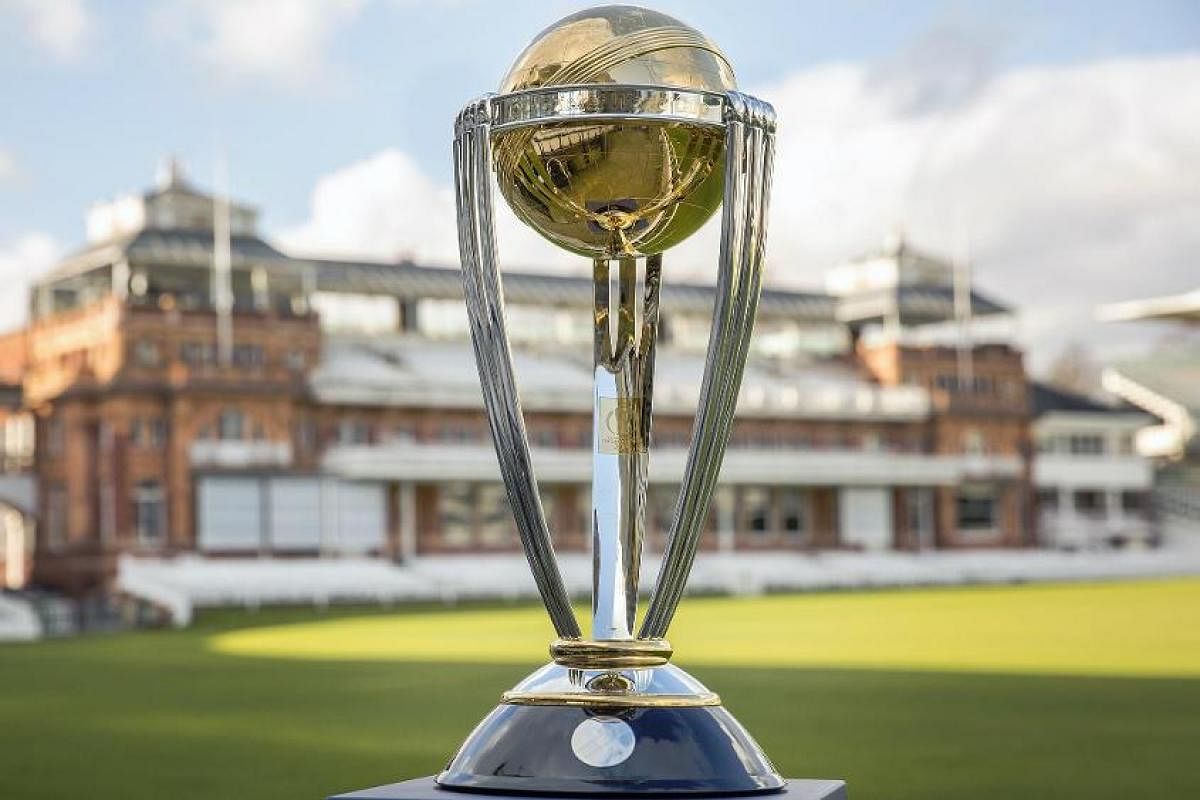Following the dastardly suicide-bombing attack in Pulwama in which 40 CRPF personnel died, the country understandably has been on the edge and retribution seems to be on everybody’s mind. While the government is grappling with how to respond to Pakistan’s sponsorship of terrorism, calls have been growing, orchestrated in no small measure by a few venom-spewing TV channels, to sever whatever little remains of sporting ties with Pakistan. Sporting relations, particularly cricket ties, have been the first victims of any upsurge in the India-Pakistan conflict. India last played Pakistan in a bilateral series in 2012 and Pakistani players are not welcome to play in the IPL. Now, demands to boycott the match against Pakistan in the World Cup tournament — which begins in May in England — have grown shrill. Anybody with a contrarian view is quickly dubbed an “anti-national”, and even legends like Sunil Gavaskar and Sachin Tendulkar haven’t been spared by the ‘boycott brigade’.
If the motive behind refusing to play Pakistan is to inflict pain on that country, then the theory flies in the face of supporters of the move. India’s decision to not play Pakistan bilaterally has hit the latter harder and to that end the objective has been achieved. But boycotting a match in an ICC event is a complex issue. Apart from potential ICC sanctions, India will be gifting two points to a country to whom they have never lost in the quadrennial event. Instead of exposing Pakistan, it may turn out to be a huge public relations disaster for India, as witnessed by our decision to not grant visa to two Pakistani shooters for the ongoing World Cup in New Delhi. The denial of visa has put India’s future hosting rights of international events in peril. Importantly, what if India and Pakistan are to meet in the World Cup semi-final or the final?
Sporting boycotts for political messaging aren’t new. In 1974, India conceded the Davis Cup final against South Africa in opposition to the latter’s apartheid policy. Similarly, in the 1996 cricket World Cup, Australia and West Indies refused to play their league games in Sri Lanka, who were the joint hosts along with India and Pakistan, due to security concerns; in 2003, England and New Zealand declined to travel to Zimbabwe and Kenya, respectively, for political reasons. While India’s refusal to play South Africa earned the country moral high ground, the latter instances did little to change the ground situation or attract world attention. It only hindered the teams’ progress in the tournaments for giving up on their points. Do we want to cut off India’s nose to spite Pakistan’s face this World Cup?
